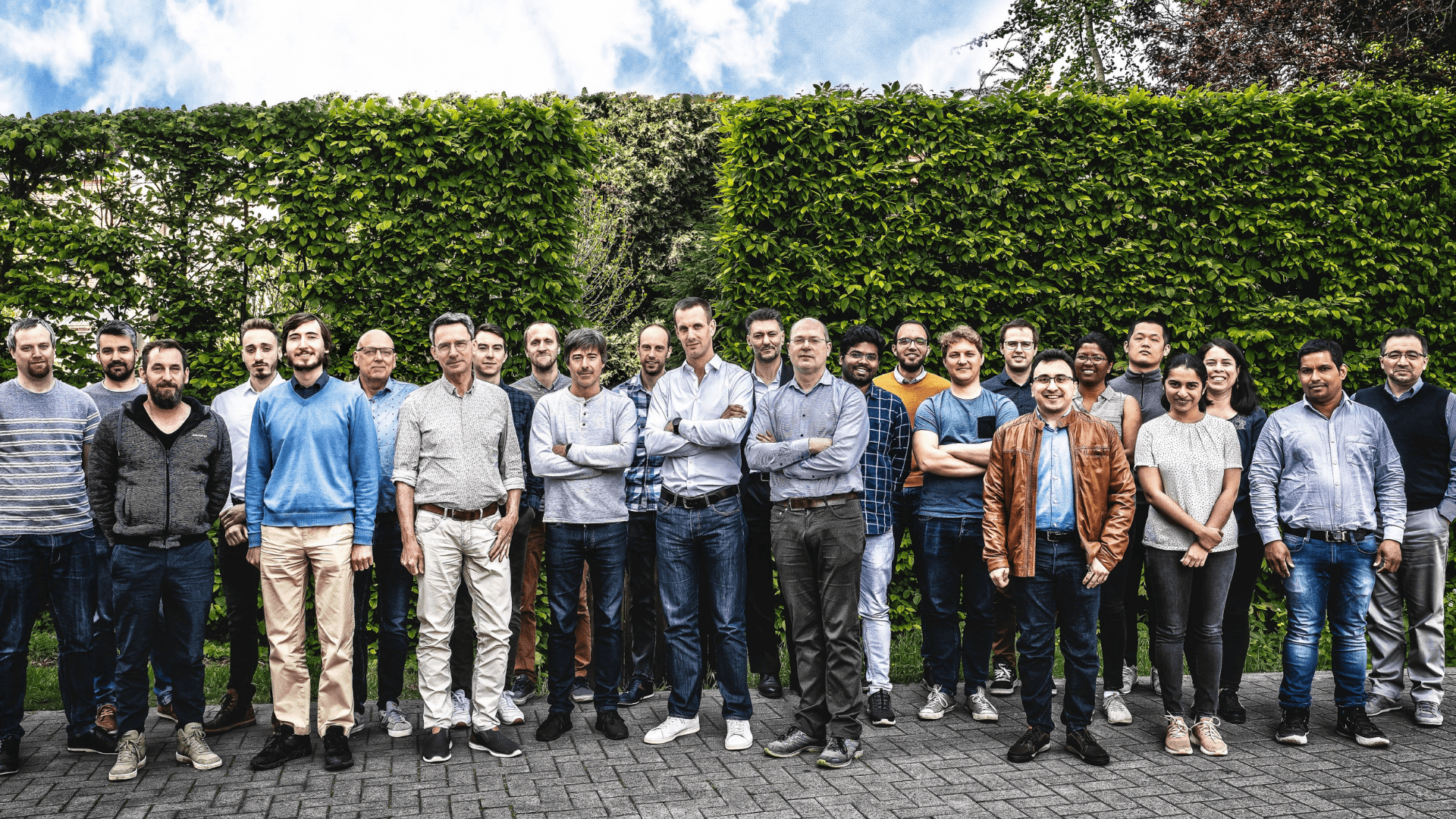Belgium-based company that develops millimetre wave (mmWave) hardware and software for next-generation wireless applications, Pharrowtech has raised €15 million in a Series A funding round. The investment was led by Netherlands-based VC Innovation Industries and saw the participation of imec.xpand, Bloc Ventures, and KBC Focus Fund.
Founded in 2018, Pharrowtech designs sub-systems for 60GHz licence-free operations. Due to its greater capacity and lower latency, this frequency range is important for applications such as remote working and learning, augmented and virtual reality, and entertainment and gaming.
The funds will be utilised to ensure customer support, expand operations in the U.S. and accelerate the deployment of its recently launched 60 GHz CMOS Radio-Frequency Integrated Circuit (RFIC) PTR1060 and phased array antenna Radio-Frequency Module (RFM) PTM1060 for 5G unlicensed fixed wireless access.
Pharrowtech CEO and co-founder Wim Van Thillo said: “Despite the challenges brought by a global pandemic, we were able to move rapidly from imec R&D Prototypes in 2019 to scale up production of an advanced 60 GHz RF solution by 2022. With the next phase of our growth underway, we are committed to providing RF solutions to multi-GHz links to enable low-cost infrastructure and consumer applications.”
Sander Verbrugge, partner, Innovation Industries, concluded: “Connectivity and high bandwidth fuel innovation are essential to modern society. Pharrowtech leads the way in enabling the next generation of connectivity with its technology and products.”



Would you like to write the first comment?
Login to post comments